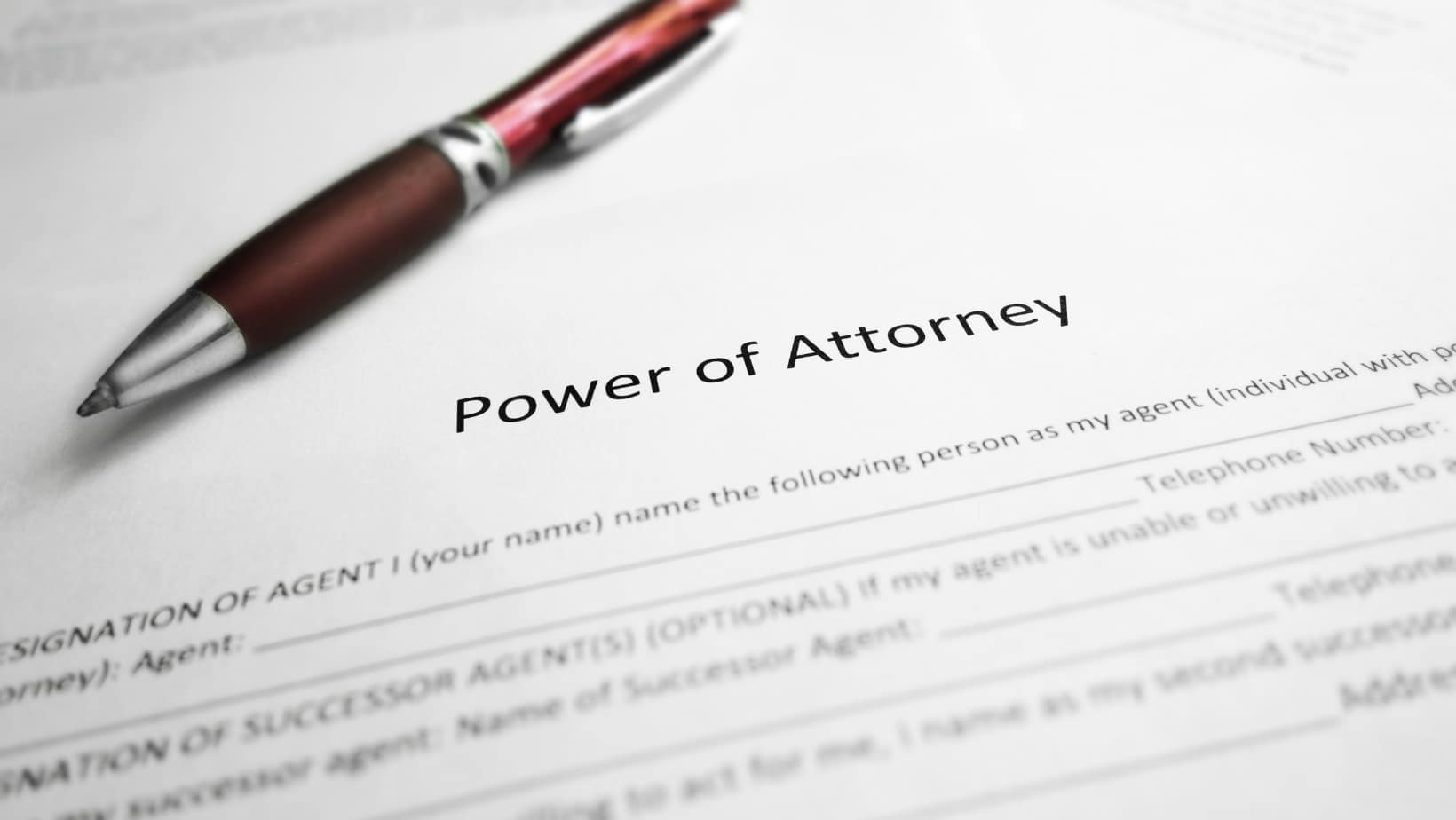Probate is a court-supervised process that identifies, values, and transfers the assets and property of a deceased person. It is a time-consuming and often costly process. Depending on the size and complexity of the estate, probate can take months or even years.
First, identify all of your loved one’s assets and liabilities, including their bank accounts, investments, vehicles, real estate, cash, personal possessions, intellectual property, pets, and more. This inventory is vital to determining the value of the assets and to ensuring they are properly distributed to heirs as outlined in their will.
Second, locate any heirs and notify them of the probate proceeding. If your loved one was married, you will also need to contact the surviving spouse. Heirs must be notified in writing and must agree to participate in the probate proceeding.
Third, obtain an appraisal of all of your loved one’s assets. You will need to be sure all of the assets are valued, especially items that may have significant value, like real estate.
Next, prepare and file the petition to open the probate case with a judge. This will include a copy of your loved one’s will and death certificate, as well as any other documents required by the court.
Once the court has accepted the petition, it will then determine who is the best person to act as executor, if there is one. The court will typically appoint the surviving spouse, adult children, or parents of the deceased to serve in this role. If there are no heirs, then the court will appoint a qualified attorney or accountant to administer the estate.
Upon being appointed, you will receive a formal document from the court stating that you have been appointed to act as an executor. This will also contain a legal order admitting the will to probate.
You should also receive Letters of Testamentary, which confirm your appointment by the court and provide evidence that you have the authority to oversee and manage the estate. This document informs all the creditors of your legal authority and gives them a time limit to submit any claims against the estate.
Fourth, attend a hearing on your petition to be admitted as the legal executor of your loved one’s estate. This will give you an opportunity to explain to the judge if there are any objections.
Fifth, once your heirs have approved your appointment and the court has officially admitted you as the legal executor of the will, you will be able to begin the process of settling the estate. This includes locating any other assets, paying any outstanding debts, and distributing the remaining property to the heirs as defined in the will.
Finally, your heirs and their representatives will have to attend a hearing to finalize the distribution of your estate. This is when they will decide which assets should be transferred to the heirs and which should be held on behalf of the estate until all debts have been paid and taxes have been filed.





